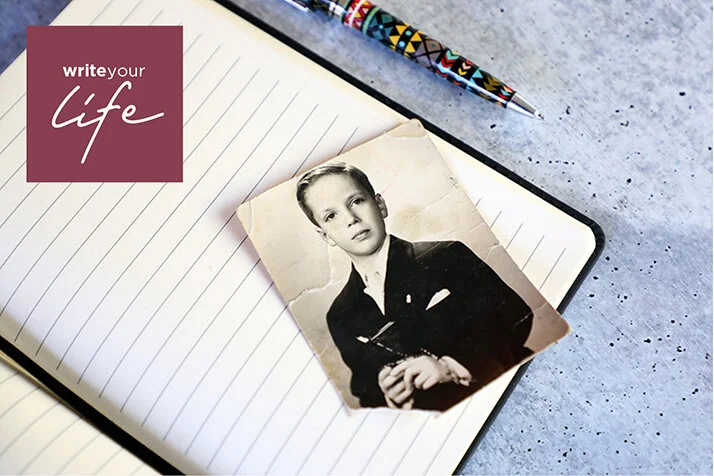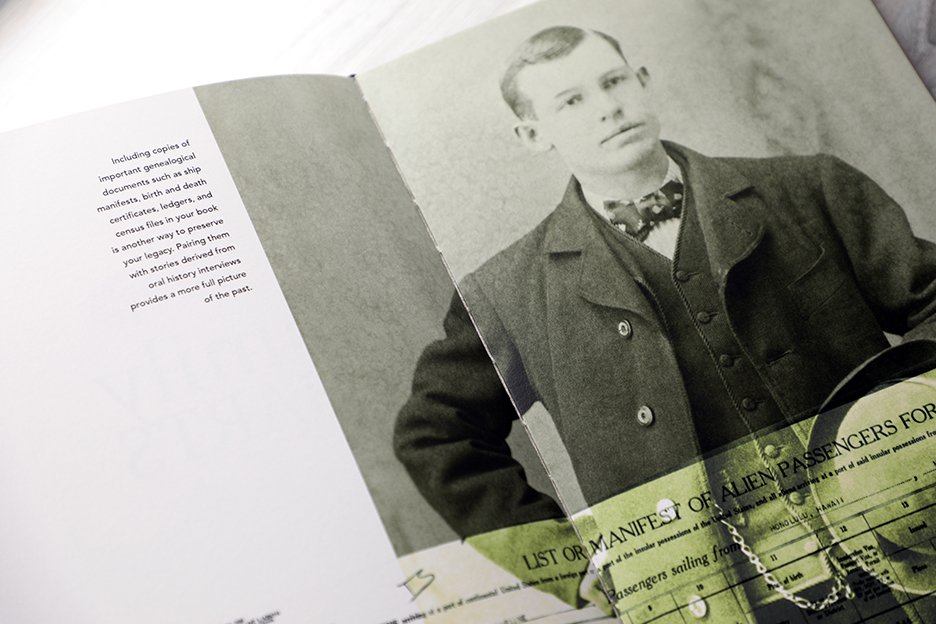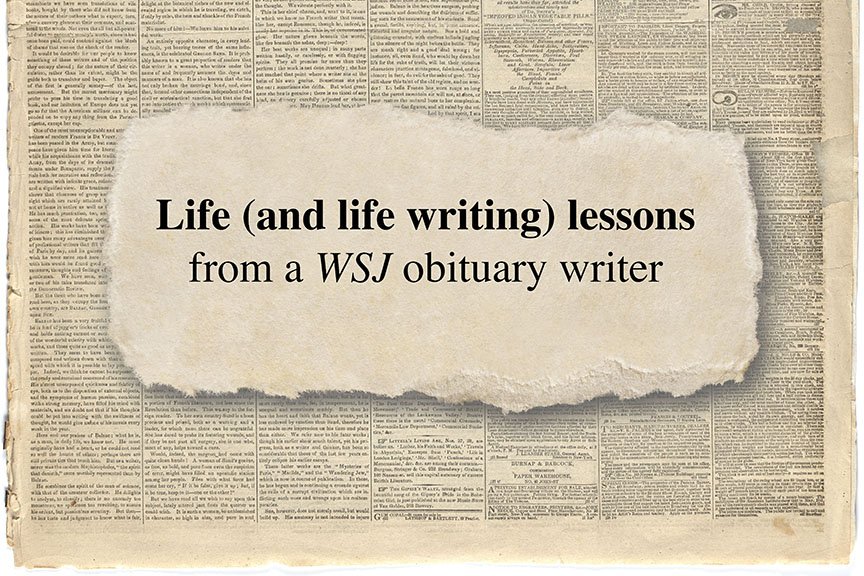Why you need emotional distance when writing memoir
Have you ever wondered if enough time has passed for you to begin writing about your life?
“When is the right time to start writing my memoir?”
“Am I too young to write my life story?”
Questions such as these miss the mark. There isn’t a ‘right time’ or a ‘best age’ to right your memoir. Rather, I suggest considering how much emotional distance you have from the chapter of your life you want to write about.
I have worked with people who are writing about their lives from a vantage point where they have a LOT of perspective—an 80-year-old capturing his young adult experiences, for instance. And I have coached memoirists who are writing about fresh trauma—a 30-year-old exploring how she ‘found herself’ amidst the dissolution of her marriage less than a year before, for example. Is one of these situations better than the other?
There’s almost certainly a happy medium: writing about your life when enough time has passed that you have significant insights and perspective, but when not so much time has passed that the experiences no longer seem relevant or retrievable in your memory. But how do you know when it’s that time?
2 questions to ask yourself to determine if now is the right time to write about your life
Do I have enough emotional distance to be able to write about my life with clarity and insight?
“I had to step away from my own emotions, from my embarrassment and fear and pain, far enough to get a clear view,” Scott Nadelson writes as he suggests a method many memoirists use: Pretend you are writing about someone else. “If I’d stayed too close,” he continues, “obeying the instinct toward self-protection, then I would have risked nothing, and nothing would have been at stake for a reader.”
If you’ve ever read an entry from one of your old diaries, you know the emotions of which Nadelson speaks (I certainly do!). If you can’t elucidate your experiences without self-judgment or embarrassment, you might not be ready to write about them.Do I have access to the memories that will be the building blocks of my narrative?
“The meaning of our experiences is constantly changing as we grow,” Megan Stielstra has said. So of course when you choose to write about a life experience will color how you do so.
It may feel like you haven’t fully synthesized your feelings about a chapter of your life—and like you, therefore, should wait to write about it. Just make sure you aren’t waiting too long. You want to have full access to your memories, and in particular to the emotions that accompanied your actions, else there will be no immediacy to drive your storytelling, no detail to animate your words.
Know this: There is no right or wrong time to begin your memoir. If it seems like it may be too soon—because your feelings are too raw, or your perspective clouded—it just may be that you will work some heavy stuff out DURING your writing. That can be a powerful thing both for you and your readers.
One of my favorite memoirists, Dani Shapiro, writes thoughtfully about this balancing act in her essay “A Memoir Is Not a Status Update”:
“I’ve been doing this work long enough to know that our feelings—that vast range of fear, joy, grief, sorrow, rage, you name it—are incoherent in the immediacy of the moment. It is only with distance that we are able to turn our powers of observation on ourselves, thus fashioning stories in which we are characters.”
So let some time pass. Sit with your feelings. Let them simmer. Write about them—as sloppily and urgently as you want—in a journal. Turn to writing about them with intention when it feels like enough time has passed. (“But how will I know?”, you still wonder…and all I can say is, you just will; trust your gut—and know that if it is too soon, that’s why they call it a first draft 😉)
Further reading on emotional distance in memoir
If the topic of emotional distance in memoir interests you, here are a few other essays I recommend on the topic:
“Dani Shapiro on the Disequilibrium of a Life-Changing Moment”
“And so I was, I think, rushing the writing because…the pieces of myself were sort of strewn all around me and I was impatient to begin to put them together again.… But there was an urgency, I think, that would have benefited from slowing down a little bit. Not a lot. Again, not, you know, write this from the distance of your rocking chair someday, but from a place of that little bit of clarity of distance.”“9 Tips for Dealing with the Emotions When Writing a Memoir,” by M. Shannon Hernandez
“Raw emotions usually emerge first, and sometimes we can leave them as is—and at other times we need to wrap them in love and understanding and softened tones, so that we don’t offend our audiences.”“Not Too Close: Emotional Distance In Creative Nonfiction,” by Connor Byrne
“The first sign that a piece is too distant is an almost analytical tone, for example, “this happened because of this; I should have done this; this has had x effects on my life.” The writer has moved far enough away from the emotional reaction to what they’re writing about that they turn to an opposite strategy: looking at everything rationally, which often sacrifices a feeling of the piece being ‘genuine.’”“The Hard Art of Seeing Your Own Writing Through Rose-Colored Glasses,” by Mira Pitacin
“I wrote my memoir nearly in real time, and writing about my own loss in the wake of the events did two things: exorcised the demon out of me, and let the reader know what it really felt like to experience these things in the moment, not seven plus years later, with a wiser, less stinging outlook that comes with time and perspective.”






























Is there ever really a ‘right’ time to start writing your memoir? There’s not, in my opinion, but here are two questions to ask yourself to help you decide.